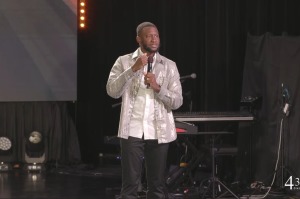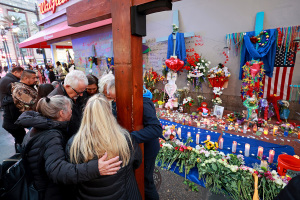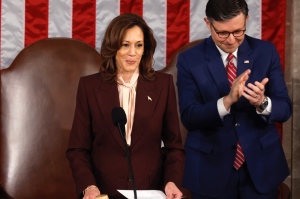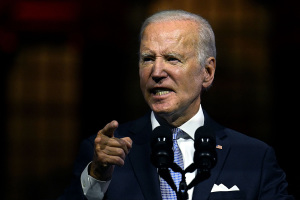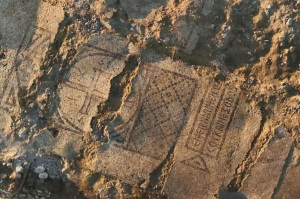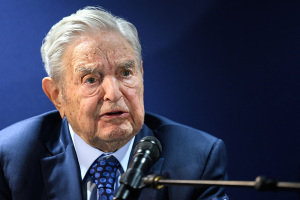Rev. Dr John Polkinghorne KBE FRS
Rev Dr. John Polkinghorne KBE FRS, Cambridge University, England, is a Fellow of the Royal Society, a Fellow (and former President) of Queens' College,Cambridge and a Canon Theologian of Liverpool Cathedral. He was born 16th Oct 1930 in Weston-super-Mare, England, and is married to Ruth. They have three children (Peter, Isobel and Michael). His distinguished career as a Physicist began at Trinity College Cambridge where he studied under Dirac and others. He recieved his MA in 1956, was elected a Fellow in 1954, and gained his PhD in 1955. In 1956 he was appointed a Lecturer in Mathematical Physics at Edinburgh: returning to Cambridge as a Lecturer in 1958, promoted to Reader in 1965 and Professor in 1968. In 1974 he was elected FRS in and awarded an ScD by Cambridge. During this time he published many papers on theoretical elementary particle physics in learned journals, and 2 technical scientific books, The Analytic S-Matrix (CUP 1966, jointly with RJ Eden, PV Landshoff and DI Olive) and Models of High Energy Processes (CUP 1980).
In 1979 he resigned his Professorship to train for the Anglican Priesthood, studying at Westcott House, He was ordained Deacon in 1981 and served as Curate in Cambridge (St Andrew's Chesterton 1981-82) and Bristol (St Michael and All Angels, Bedminster 1982-84) and was Vicar of Blean (near Canterbury) from 1984-86. He was appointed an Honorary Professor of Physics at the University of Kent in 1984.
In 1986 he was appointed Fellow, Dean and Chaplain Trinity Hall, Cambridge, and in 1989 ("you could have knocked me over with a feather" was his comment) he was appointed President of Queens' College, from which he retired in 1996.
He was Chairman of the Science, Medicine and Technology Committee of the Church of England's Board of Social Responsibility, of the Advisory Committee on Genetic Testing and of the publications committee of SPCK. He chaired the joint working party on Cloning of the Human Genetics Advisory Commission and the Human Fertlisation and Embryology Authority.
He is a member of the General Synod of the Church of England, and of the Medical Ethics Committee of the British Medical Association.
He was appointed KBE (Knight Commander of the order of the British Empire) in 1997.
During the same period he has published a series of books on the compatibility of religion and science. These began with The Way the World Is ("What I would like to have said to my scientific colleagues who couldn't understand why I was being ordained"), and have continued in a trilogy published by the SPCK: One World, Science and Creation, and Science and Providence. He has continued to produce a superb series of books (See a full list of titles by John Polkinghorne)
John was born 16th October, 1930, and educated at Elmhurst Grammar School, Street, Somerset and Trinity College Cambridge (BA, PhD, MA, ScD) and Wescott House, Cambridge.
After National Service in the RAEC (48-49) he became a Fellow of Trinity in 1954. He studied under Paul Dirac, focusing on particle physics. He worked as a lecturer at the University of Edinburgh from 1956-58 and then returned to Cambridge where he was appointed Reader in 1965 and Professor in 1968. He was head of the Particle Physics group in the Department of Applied Mathematics and Theoretical Physics at Cambridge. He was elected a Fellow of the Royal Society in 1974.
He has Hon DD from University of Kent (1994) and Hon DScs from the Universities of Exeter (1994) and Leicester (1995). He was Chairman of the Commitee on the use of Foetal Material (1988-89), the Nuclear Physics Board (1978-79) of the Task Force to Review Services for Drug Misusers (1994-96) and of the Governors of the Perse School, Cambridge (1972-81).
He has been a member of the Science Research Council (1975-79), The Doctrine Commission of the Church of England (1989-96), the Human Genetics Advisory Commission.
He has been married to Ruth since 1955 and they have two sons and a daughter.
John Polkinghorne is a respected scientist who is not afraid to ask difficult questions about God's action in His creation. How can God act in a world governed by scientific law? Are miracles possible? What kinds of petitionary prayer can God reasonably be expected to answer? These are the unacknowledged doubts which lurk in the minds of many believing Christians. These are the kinds of questions clergy need to be able to answer with educated assurance.
Dr.Polkinghorne believes that the universe is an "open" and "flexible" system, where patterns can be seen to exist, but where "the providential aspect cannot be ruled out." But, in fact, his own faith has little to do with physics. It stems, instead, from a more personal "encounter with Christ."
When asked if his exacting scientific background makes him scornful of the vagaries of theology, he responds: "Far from it. Theology is much more difficult. Physics, at least at the undergraduate level, is a subject on which the dust has settled. In theology the dust never settles."
John Polkinghorne was one of the founders of the Society of Ordained Scientists, a dispersed preaching Order of the Anglican Communion. The major mover in the foundation of the Society, however, was Arthur Peacocke from Oxford. For those acquainted with the history of Anglicanism, the differences between John and Arthur are illustrative of the roles Cambridge and Oxford have played over the centuries. John compares their aproaches in his book Scientists as Theologians.
By Albert H. Lee
chtoday_editor@chtoday.com
















